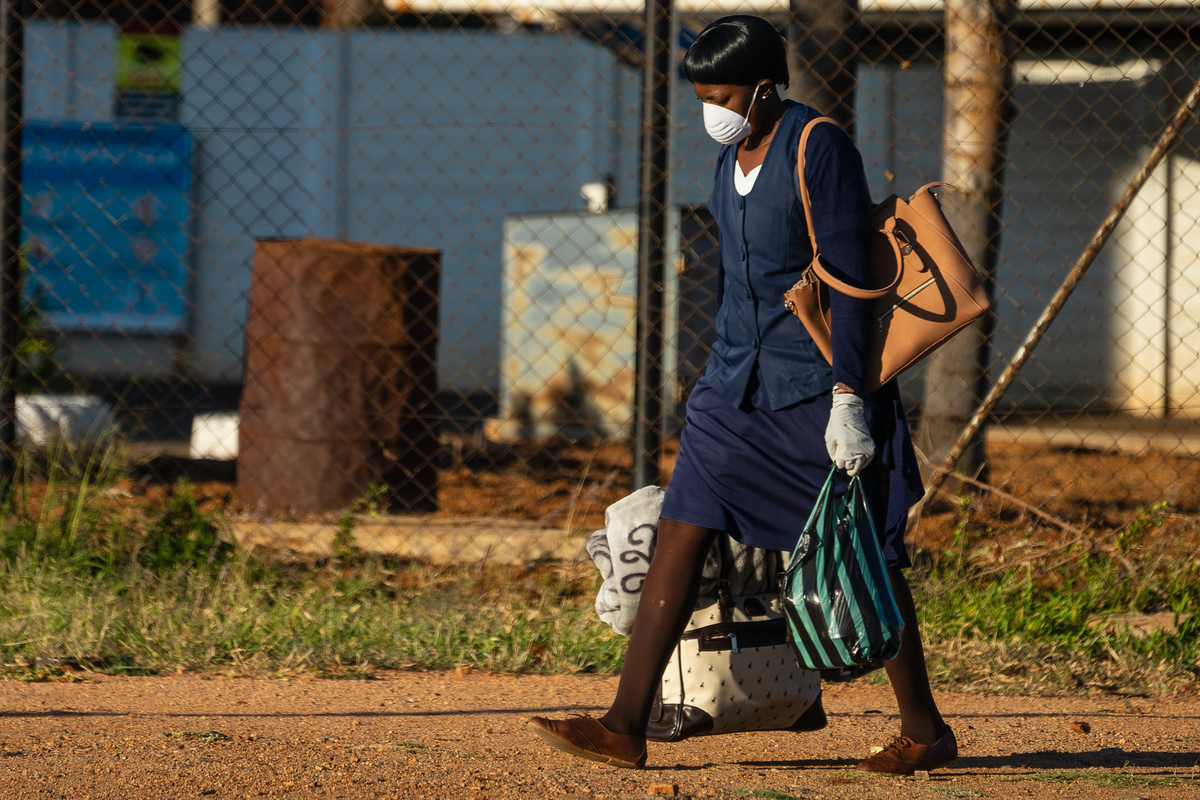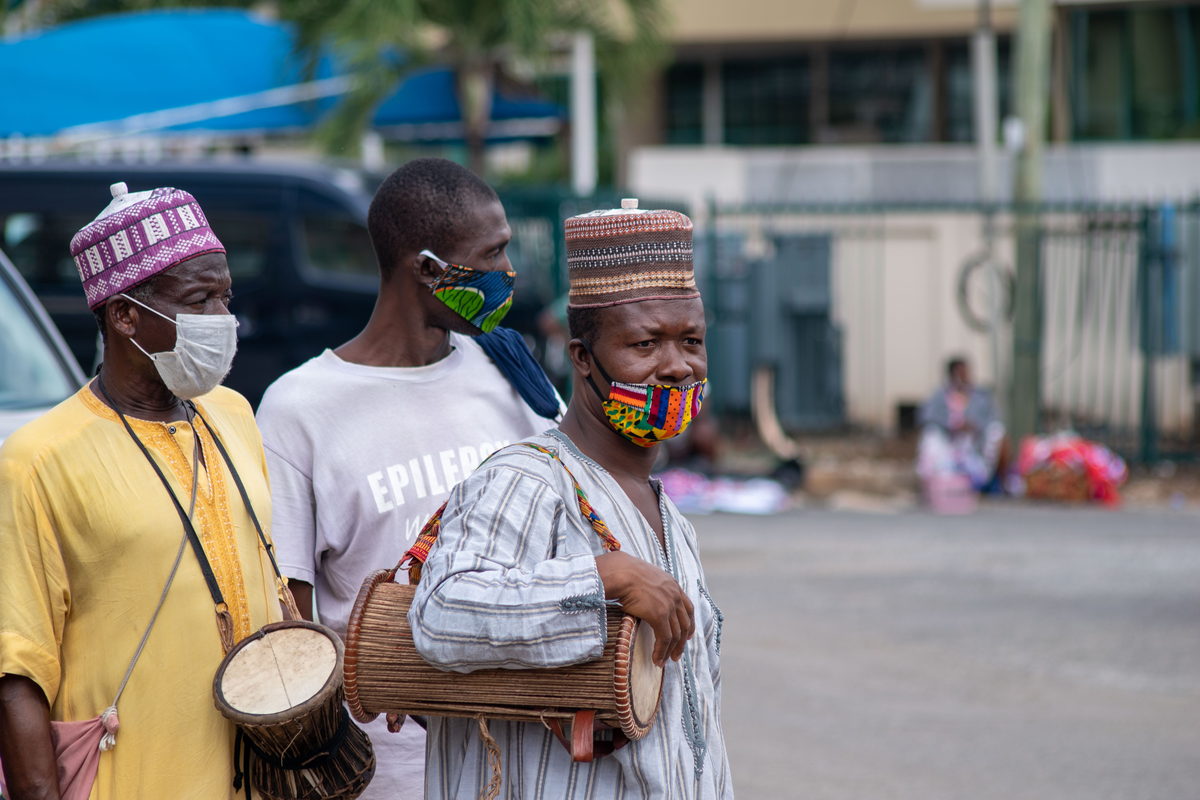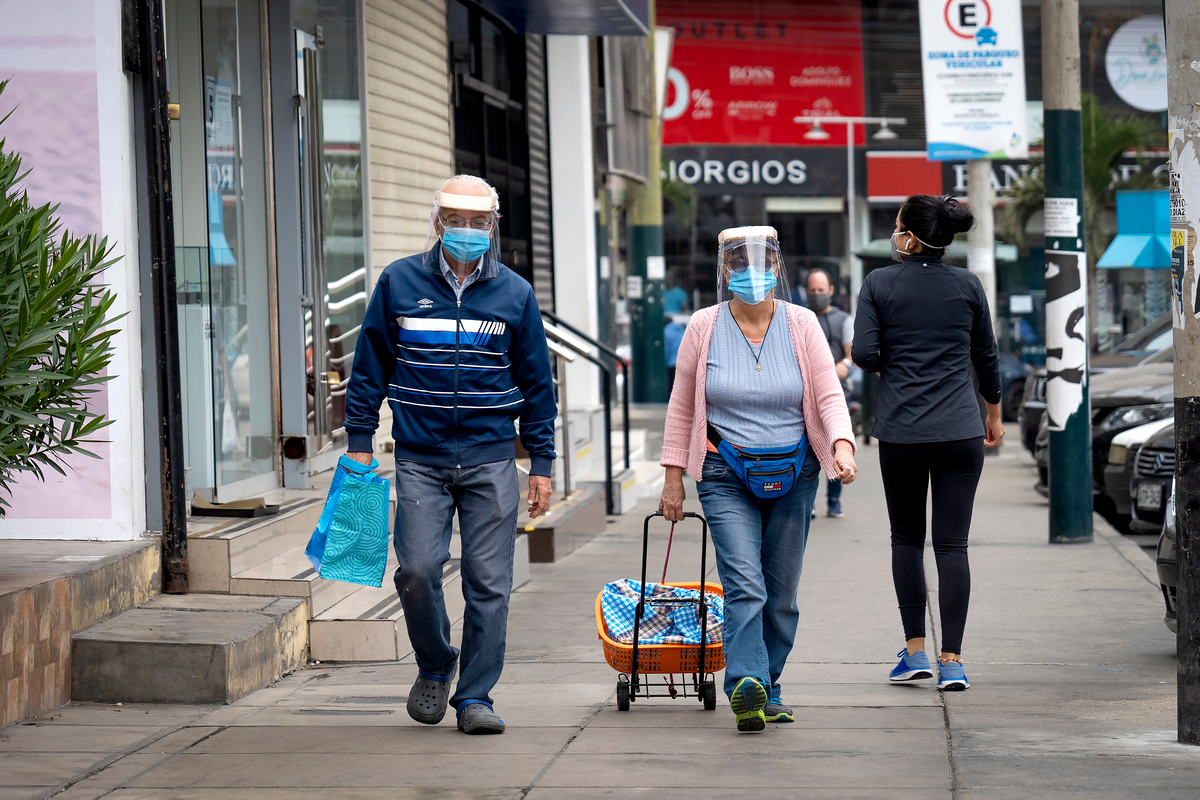Scaling Economic Resilient Recovery Through Partnerships
November 10 – As cities have been at the epicentre of the COVID-19 pandemic, their potential to address the challenges brought by the crisis needs to be fully realized. Cities must be at the centre of policy and planning to ensure resilient, inclusive and sustainable recovery from the pandemic leaving no one behind.
What started as a health crisis rapidly had multidimensional effects, transforming into a severe socio-economic crisis. The outbreak exacerbated existing vulnerabilities amplified by chronic stresses, such as gender inequality, informality and climate change. Vulnerable groups exposed to long-term social exclusion have suffered far worse, women in particular were affected differently as they navigate pressures to earn income, access digital technologies, manage homeschool, and care for family members.
The pandemic required governments at all levels to make difficult decisions when balancing public health and economic activity measures. Cities around the world faced similar challenges. Local governments were at the forefront in overcoming these challenges, with varying responses and strategies. Building back better and more resilient cities requires an understanding of how urban areas were affected and how they responded to the crisis from a local, inter-regional and global approach. A woman in a protective mask walking home after disembarking from a bus in Harare, Zimbabwe © KB Mpofu.
A woman in a protective mask walking home after disembarking from a bus in Harare, Zimbabwe © KB Mpofu.
On October 29, within the context of Urban October and World Cities Day, UN-Habitat organized the Global Policy Dialogue on building urban economic resilience during and after COVID-19, bringing together the five UN Regional Economic Commissions (UNECA, UNECE, UNECLAC, UNESCAP, UNESCWA), and UN Capital Development Fund (UNCDF). During the dialogue, each regional commission shared their respective challenges, responses and policies related to the crisis, which was followed by an enriching discussion to agree upon a set of global policy recommendations.
To open the workshop session, Gulnara Roll, Secretary of the Committee on Urban Development, Housing and Land Management at the United Nations Economic Commission for Europe (UNECE), underlined how the Dialogue builds on an extensive body of knowledge developed for over a year by the project partners together with city governments of the 16 pilot cities.
“The Global Policy Dialogue comes after city assessment reports, city-level and regional policy briefs were developed for each of the five global regions with in-depth analysis of local and regional data, constituting an important basis to draw concrete recommendations for cities’ governments to address economic and financial impacts of the COVID-19 pandemic. The collective knowledge is also an important contribution at global level for new regional and global initiatives to address the consequences of the pandemic in the long run”
Gulnara Roll, Secretary of the Committee on Urban Development, Housing and Land Management at the United Nations Economic Commission for Europe (UNECE),
Following her opening remarks, each regional commission shared key insights from the regional meetings including common issues and key recommendations highlighted in their regional policy briefs. Curt Garrigan, Chief of the Sustainable Urban Development Section of the United Nations Economic and Social Commission for Asia and Pacific (UNESCAP), started by acknowledging how the virus exacerbated many pre-existing systemic vulnerabilities and inequalities in urban areas
“including Issues such as high levels of informality, gender inequalities, lack of social protection, and economic diversification”.
Curt Garrigan, Chief of the Sustainable Urban Development Section of the United Nations Economic and Social Commission for Asia and Pacific (UNESCAP)
He also pointed at specific impacts from the pandemic such as health impacts, food insecurity, job and education losses and income erosion.
For the Arab region, Sukaina Al-Nasrawi, Social Affairs Officer, Sustainable Urban Development Lead, United Nations Economic and Social Commission for Western Asia (ESCWA), stressed
“in the region, nearly 70% of adults on average do not have a bank account. This figure exceeds 80% in the developing countries of the region constituting the largest area of exclusion from formal financial services in the world. Similarly, access to formal credit is less than half the global average”.
She also pointed that ensuring equal access to financial services is crucial to building urban economic resilience in the Arab region.
In a highly urbanised region like Latin America and the Caribbean, Diego Aulestia, Head of the Human Settlements Unit, United Nations Economic Commission for Latin America and the Caribbean (ECLAC), stressed that the lack of diversification of the local economies, which leads to “significant risks from high dependence on a particular economic activity”, and ”the critical living conditions” were the two main issues in the region. “The pandemic is pushing towards great expenditures on housing programs to address the historic housing déficit”, he added.
Juan Valle Robles, UNECE regional expert, underlined how the measures proposed to pilot cities of the UNECE region go far beyond addressing emergencies and called for
“recovery measures to be long-term and be aimed at expanding the capacity of local governments for improving quality of life of the population, boost economic resilience, promote economic diversification and create decent jobs“.
Edlam Abera Yemeru, Acting Director, Gender, Poverty and Social Policy Division, United Nations Economic Commission for Africa (UNECA), recognised the commitment and project uptake of African cities saying “Local governments showed a high level of interest and commitment to deepen and strengthen the economic and financial component of their resilience when planning for recovery”.
Across all regions, there is a lack of local economic governance arrangements and fiscal decentralization resulting in a limited capacity to manoeuvre, raise revenue and rebuild. The role that cities play for a sustainable and resilient recovery and the need for cities to connect to their national governments were both seen as essential. “Local governments have been constrained by local and limited fiscal space leading to an inability to raise revenue and implement crisis management schemes. With the diagnostic and planning tool, the project gave evidence for local authorities to state what matters and how certain issues should be integrated at a national level”, complemented Esteban Leon head of the City Resilience Global Programme of UN-Habitat. He also reflected on how “more people are living in urban areas than before, and some cities are larger than some countries. A Mayor can impact a larger population than the President of a small country. This calls for considering and reconsidering the balance of resources”.
The outcome of the dialogue, the Global Policy Paper, will take the form of an overarching guiding document to be endorsed by all the regions. The aim of the paper is to provide an overview of cities common urban economic resilience gaps and issues, with a consolidated set of global policy recommendations and guiding principles for urban economic recovery and resilience building. Edlam Abera Yemeru highlighted “the value of this paper is the inter-regional approach and analysis to look at what’s common, what’s different, and what are the support or the specificities among the five regions”.
 Citizens in their face masks in Accra, Ghana © Delali Adogla-Bessa.
Citizens in their face masks in Accra, Ghana © Delali Adogla-Bessa.
To conclude, Dmitry Pozhidaev, Global Advisor for Local Government Finance at UNCDF synthesised the main issues with a clear call for adequate regulations and legal frameworks and multilevel policy recommendations, saying
“the policy recommendations and the measures for building urban economic resilience should relate not only to the cities but also to the national governments. Of course, this is not to absolve the cities of all responsibilities, there are things cities can and should do, but there are also things they cannot do simply because they are not legally or regulatory empowered to do these things. This requires legal and regulatory reforms to strengthen cities’ fiscal and budget autonomy”.
Dmitry Pozhidaev, Global Advisor for Local Government Finance at UNCDF
Edlam Abera Yemeru echoed this need as she closed the dialogue by emphasising “local economic and financial challenges are well known, but there is insufficient recognition that they’re both driven by and impact national-level outcomes and targets. For example, weak economic diversification was a key challenge for many of the project’s cities, but this is very much also a national agenda”.
In order to scale for impact, she poses a challenge “building local economic and financial resilience goes beyond local governments and urban actors to ministers of finance, planning and economy who are leading the financial recovery strategies actions and rebuilding plans. We must engender stronger national-local dialogue, integrating local recovery and resilience priorities into the national plans, to effectively tackle the pandemic’s impact”.
The Global Policy Paper is a key outcome of the UNDA rapid response to the COVID-19 project that started in June 2020, which focuses on increasing the capacities of local governments globally – starting with 16 partner cities – to design, implement and monitor economic and financial responses, recovery and rebuilding plans. The project, Building Urban Economic Resilience during and after COVID-19, further aims to draw common policy recommendations to build evidence-based economic and financial resilience to better face future crises.
Pilot cities: Tirana (Albania), Yaoundé (Cameroon), Guayaquil (Ecuador), Alexandria (Egypt), Suva (Fiji), Accra (Ghana), Pune (India), Kuwait (Kuwait), Bishkek (Kyrgyzstan), Beirut (Lebanon), Subang Jaya (Malaysia), Lima (Peru), Santo Domingo (Dominican Republic), Kharkiv (Ukraine), Hoi An (Viet Nam), Harare (Zimbabwe)
For more information on the project, check out the project webpage.
If your city is interested in the Urban Economic Recovery and Resilience Diagnostic and Planning Tool, please feel free to get in touch with us at info@cityresilience.org or contact Esteban Leon – esteban.leon@un.org and Dmitry Pozhidaev - Dmitry.Pozhidaev@uncdf.org